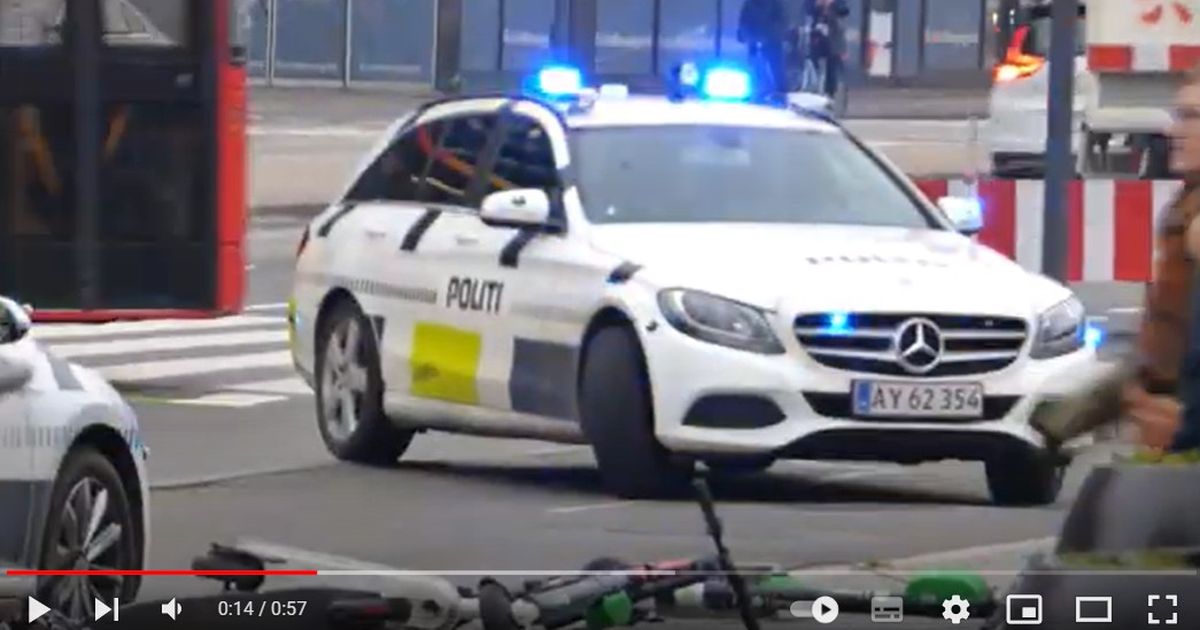O This book is the story of the last months of the Estado Novo, since the release of António Spínola’s book ‘Portugal e o Futuro’, which argued that it was impossible to win the colonial war, which began in 1961, until April 26, 1974, the day after the coup that overthrew the dictatorship, when the portraits of Marcello Caetano and Salazar were removed from the headquarters of the political police, the PIDE.
“Salazar’s was more difficult because it was higher” and it was necessary to fetch a ladder, but “it was also removed”, reads the last sentence of the book by historian José Matos and journalist Zélia Oliveira, from the Lusa agency, edited for War and Peace, which arrives today at bookstores.
There are more than 240 pages of history and stories written from documents in the archives of American and French diplomacy, which reveal, in the case of France, to be well informed about what was happening in Portugal a few months after the fall of the dictatorship of Salazar and Caetano overthrown by the Armed Forces Movement, to which are added testimonies by some of the protagonists.
The French “were well informed” about the situation in the country and, the authors write, are “very clear about the future of the regime” — Portugal had “a government with a suspended sentence”. Pedro Feytor Pinto, from the Secretary of State for Information and Tourism, wrote “Na Sombra do Poder”, in which he describes the pressure from the allies, namely the French, for a solution to the colonial war.
A man of the regime, Feytor Pinto was in Paris, already in April 1974, with an adviser to President Pompidou, and sought support for a solution of progressive autonomy, avoiding a “sudden independence” of the colonies. In vain. And that’s where the phrase “suspended sentence” comes from. In fact, the regime was about to fall by the hand of the military.
The episodes related in “Towards the Revolution” revisit the story, but some of them appear with more details.
History will remember the meeting in London — revealed by José Pedro Castanheira in Expresso in 1994 — of Marcello’s envoy with a delegation from the PAIGC in exile. And what this book reveals is the pressure from France for the dialogue that later took place in London, an initiative of British diplomats in Lisbon.
In January 1974, the Minister of Foreign Affairs, Rui Patrício, met with his French counterpart, Michel Jobert, who spoke to him of Portugal’s growing isolation in Africa, spoke of a confederal solution, but “Patrício’s arguments clearly showed the difficulty in accepting any kind of negotiated solution for Guinea and, by extension, for the other colonies”, write the authors, based on a French report on that conversation.
Days later, Freitas Cruz, general director of Political Affairs, is speaking to his French counterpart, and in the conversation he promised that Portugal would reflect on Jobert’s ideas, namely in talks with the PAIGC. And he argued that “a non-governmental, non-official Portuguese person could be found who could fulfill this task discreetly, not directly involving the Portuguese State”.
After all, the solution was more official for the London meeting and the choice fell on Ambassador José Manuel Villas-Boas, who went on a “secret mission” in March 1974 to negotiate a possible independence of the colony with the PAIGC, also seen as a ploy to buy time and buy weapons.
The regime’s situation was distressing, not only with the war, but also with the difficulty in buying weapons, due to international isolation.
Portugal tried unsuccessfully to buy Israeli missiles, with the more or less reluctant help of the USA, pressured by the fact that Portugal authorized the use of the Lajes Base, in the Azores, during the Yom Kippur war between Israel, Egypt and Syria , in 1973.
Everything advanced in secrecy, later. Taking advantage of the fact that Israel “is receiving large amounts of armament after the war”, the book reads, Henry Kissinger, United States Secretary of State, “will have convinced the Israelis to divert 500 ‘Redeye’ missiles from their ‘stock ‘ and to send them to Portugal through a German intermediary”.
“The number of missiles ordered shows that the ‘Redeye’ were not only destined for Guinea, where the Portuguese forces needed around 200 missiles, but also for other points in the Portuguese colonies. thousand euros), and they had already arrived in Germany when the 25th of April and the fall of the regime took place”, conclude José Matos and Zélia Oliveira. They were never used.
Also Read: Câmara de Coimbra celebrates April 25th with concerts and guided tours


